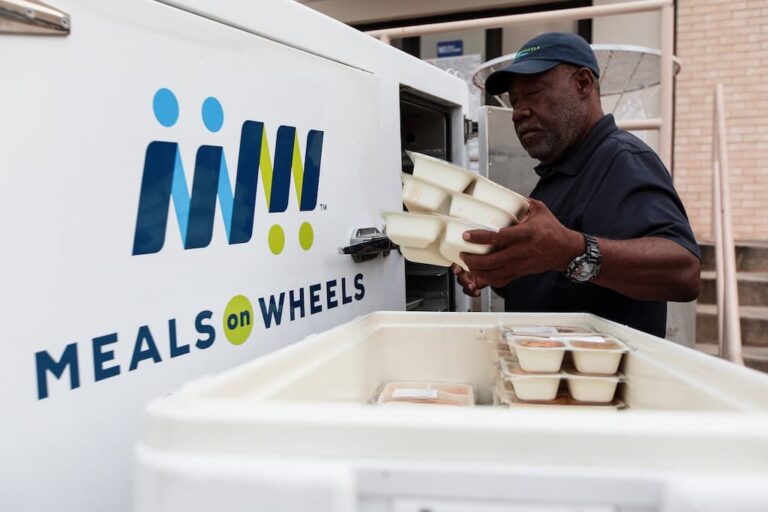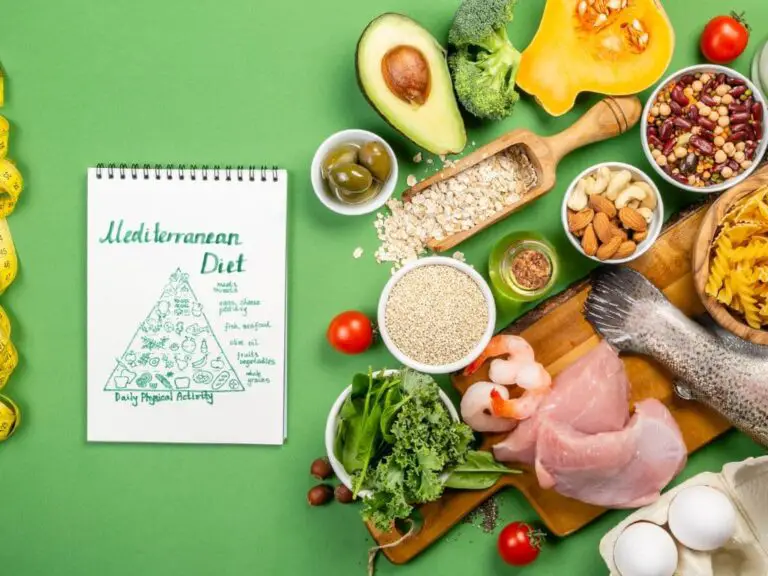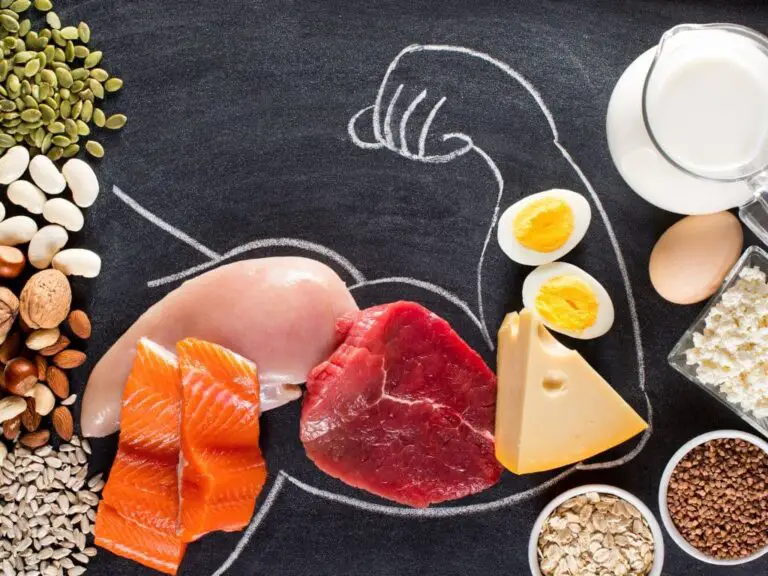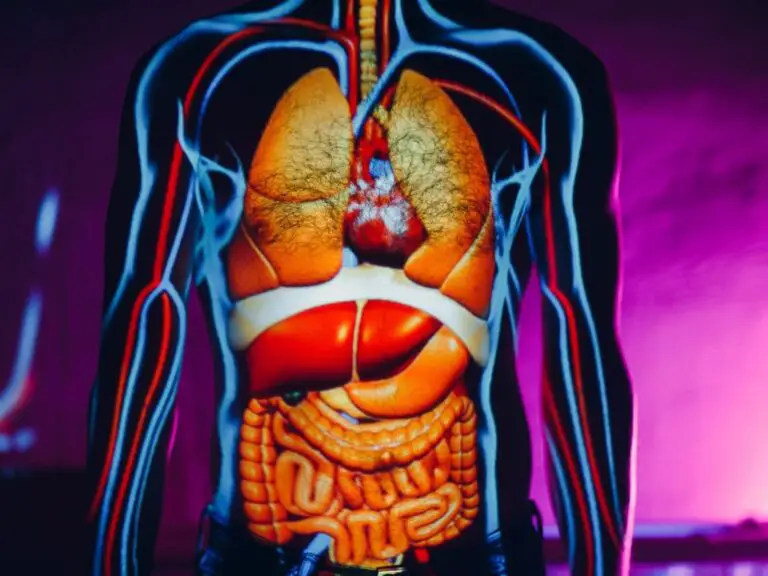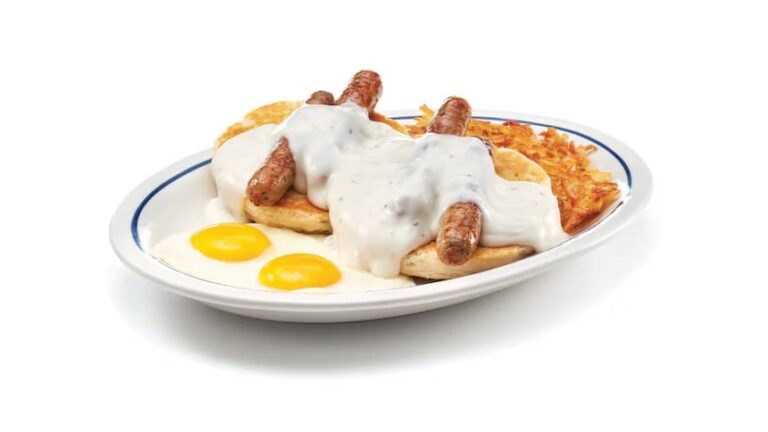Can You Lose Weight After 70?
Aging is a natural process that occurs as we get older. It is characterized by a decline in physical and mental function. As we age, our bodies go through many changes that can make it more difficult to lose weight.
How does aging affect weight loss? Aging can make it more difficult to lose weight for a number of reasons. Here are some of the key factors:
- A slower metabolism – As we get older, our metabolism naturally slows down. This means we burn fewer calories, even when at rest.
- Muscle loss – We tend to lose muscle mass and strength as part of the aging process. Since muscle tissue burns more calories than fat, having less muscle makes it harder to lose weight.
- Hormonal changes – Hormonal changes that occur with age can increase fat storage and make it harder to lose weight. For example, post-menopausal women have lower estrogen levels.
- Medication side effects – Some common medications prescribed to older adults, like steroids, can cause weight gain as a side effect.

Can you lose weight after 70?
Yes, it is possible to lose weight after the age of 70, but it may be more challenging due to age-related changes such as slower metabolism, muscle loss, hormonal changes, and certain medication side effects. However, proven strategies such as following a nutrient-dense diet plan, regular exercise, sufficient sleep, stress management, and regular consultations with a doctor can aid in safe and sustainable weight loss.
It should be noted that while following diets such as the Atkins diet can be effective, it’s important to discuss these with a doctor to make necessary modifications and ensure the dietary changes match an individual’s health status and nutritional requirements.
Losing weight at any age requires dedication and lifestyle changes. But older adults may need to work a bit harder and be more patient to see results. While the scale may move slowly, even small amounts of weight loss can have big health benefits.
There are a number of proven strategies that can set older adults up for safe and sustainable weight loss success. Here are some tips:
Tips for losing weight after 70
Create a healthy diet plan
- Focus on nutrient-dense foods like fruits, vegetables, whole grains, lean protein and healthy fats
- Avoid processed foods high in sugar, sodium and unhealthy fats
- Eat plenty of fiber to help you feel full
- Stay hydrated by drinking water throughout the day
- Downsize portions to control calorie intake
- Limit alcohol intake
Exercise regularly
- Get at least 150 minutes of moderate exercise per week, like brisk walking
- Add strength training at least 2 times per week to build muscle
- Try exercises that improve balance to prevent falls, like tai chi
- If you have any conditions, get doctor’s approval before exercising
Get enough sleep
- Aim for 7-8 hours of quality sleep per night
- Maintain a consistent sleep schedule
- Limit daytime naps to 30 minutes or less
- Avoid screens before bedtime
- Create a restful sleep environment
Manage stress
- Make time for relaxing activities like reading, crafts or puzzles
- Practice mind-body techniques like meditation or yoga
- Identify stress triggers and find ways to cope with them
- Talk to a therapist or counselor if needed
- Connect socially with family and friends
Talk to your doctor
- Consult your doctor before starting any new diet or exercise routine
- Ask about any medication effects on weight
- Get screened and treated for any issues that could impede weight loss
- Discuss safe weight loss goals and timeline
- Get referrals to dietitians or specialists if needed
Having your doctor’s input can help ensure your weight loss efforts are safe and appropriate for your health status and needs.
Atkins diet for seniors
The Atkins diet is a popular low-carb diet that emphasizes protein and healthy fats while restricting sources of sugar and refined carbohydrates.
The Atkins diet has been shown to be effective for weight loss in people of all ages. However, the unique nutritional needs of those over 70 means it is important to talk to your doctor before starting this or any new diet.
Here are some things seniors should consider about the Atkins diet:
- The standard Atkins diet may need to be modified to ensure adequate fiber, vitamins, and minerals. Strict carb restriction can make it hard to meet nutritional needs from vegetables, fruits and whole grains.
- Dehydration is a risk on low-carb diets for older adults. Make sure to drink enough fluids, including water and other unsweetened beverages.
- Medications may need adjusted. The diet’s diuretic effect can concentrate some medications. Blood sugar and blood pressure meds may need reduced.
- Start slowly and focus on sustainable changes. Drastically reducing carbs too quickly can cause side effects. Aim for no more than 10g decrease in carbs per day.
- Increase protein gradually. Suddenly boosting protein intake can be hard on aging kidneys. Increase by no more than 20g per day.
- Get enough fiber. Shoot for 25-30g of fiber daily from vegetables, fruits, whole grains and supplements if needed.
- Include regular exercise. Aerobic, muscle-strengthening and balance exercises support weight loss and help manage blood sugar on lower carb diets.
- Monitor health issues. Get lab work done routinely to check cholesterol, nutrients and kidney function. Report concerning symptoms to your doctor.
The Atkins diet can be an effective weight loss strategy for some older adults. But it is critical to discuss it with your doctor first to ensure it is the right approach for your health status, medications and nutritional requirements. With proper supervision and modifications, low-carb dieting can be safe and sustainable even into your golden years.
Frequently Asked Questions
-
Why is the Atkins diet unhealthy?
Side effects of Atkins diet: Consuming very low carbohydrate diets like Atkins can lead to electrolyte imbalances and constipation. Promoting processed food: Atkins promotes ready-made foods, bars and shakes that can help people adhere to the diet.
-
Will Atkins diet lose belly fat?
It is evident that the Atkins diet is the most effective way to lose body fat, including belly fat, by switching to a fat burning metabolism and controlling your carb intake.
-
Is the keto diet safe for seniors?
This diet should not be used if you have any eating problems. The keto diet is not suitable for those with diabetes. The keto diet is great for those who struggle with specific nutrients like B12 and fats.
-
Can I eat as much meat as I want on Atkins?
Atkins is a diet that aims to reduce weight and insulin levels. The Atkins diet allows dieters to eat as many fats and proteins as they like. Dr.
-
Can you lose weight after 70?
Weight loss after 70 years is not as easy as losing weight at 30-40 or 50. It is possible, but it can be done. If your health is at stake, it will definitely pay off.
-
Are potatoes Atkins friendly?
You may be allowed to consume smaller amounts of starchy vegetable like sweet potatoes, potatoes, and squash, as well as whole grains, such quinoa and barley and brown rice, whole-wheat bread, and pasta, if you follow Atkins.
-
How much weight can I lose on Atkins in a month?
Atkins reports in “Dr. Atkins New Diet Revolution”, that it is more common to lose 10-14 lbs. During the first month of the diet. The amount you lose is dependent on several factors.
-
What are the long term effects of the Atkins diet?
Long-term restrictions of carbohydrates can lead to complications such as cardiac arrhythmias and impaired cardiac contractility, sudden death, osteoporosis and increased cancer risk.
-
Is cheese OK on Atkins diet?
Avoid eating fruit, breads, pastas, potatoes, starchy veggies, and dairy products other that cheese, cream, butter. In the first 2 weeks, you should avoid eating nuts and seeds. This time is also prohibited for foods that contain protein and carbohydrates such as kidney beans, chickpeas and other legumes.
-
Is Atkins diet hard on your kidneys?
Researchers from Indiana University School of Medicine found that low-carb diets such as Atkins do not cause kidney damage.
-
Which is better keto or Atkins?
Research suggests that keto is more effective than Atkins for weight loss. Atkins permits higher carb intake in later phases. The long-term metabolic changes that are associated with keto do not occur so you continue to use carbs as fuel.
-
Is the Atkins diet good for seniors?
For seniors, low-carb diets can be beneficial. Seniors who lack protein could experience lower immunity function and osteoporosis. Paleo and Atkins are low-carb options for senior citizens. They can ensure that you have the right amount of protein. Low-carb advocates claim that weight loss is not the only reason for a low carb lifestyle.
-
What can you eat the first two weeks of the Atkins diet?
Atkins is a four-phase diet. Phase 1 (induction),: Less than 20g carbs daily for two weeks. High-fat and high-protein foods, along with low-carb vegetables, such as leafy greens, are the best. This will help you lose weight. Phase 2: Balance. Slowly increase the amount of nuts, vegetables low in carbs, and fruits back into your diet.
-
How long does it take for the Atkins diet to start working?
After 14 days of induction, you will begin to see results. You can choose to start Induction. You can also use Induction to jumpstart your weight loss by drastically reducing carb intake. Revitalize your life.
-
Can I eat peanut butter on Atkins?
Peanut butter can be eaten as long as 12g of your 25g net carbs are used on nonstarchy veggies.

